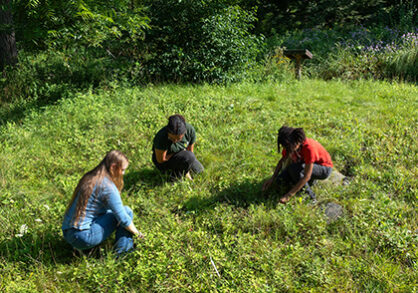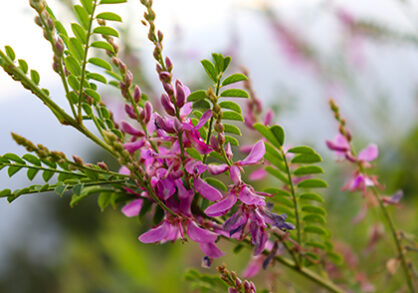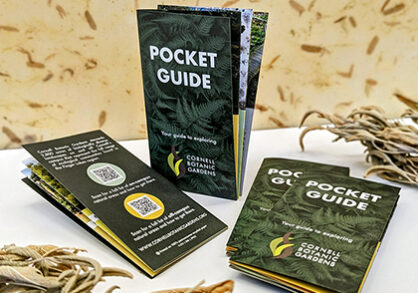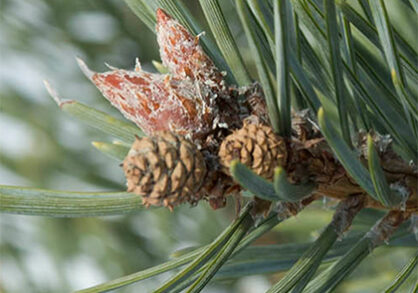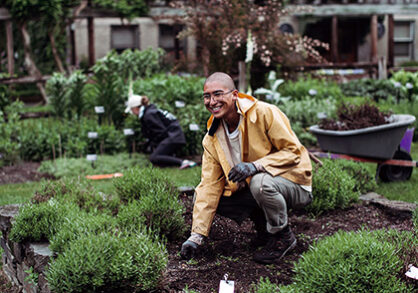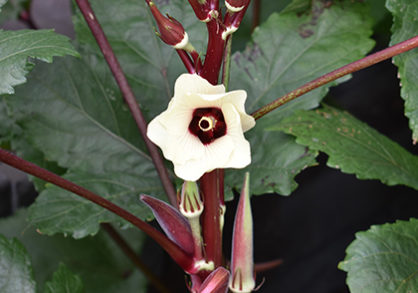CONNECTING PLANTS AND PEOPLES FOR A WORLD OF DIVERSITY, BEAUTY, AND HOPE.
FEATURED
Native Lawns with Todd Bittner
Nature Calls podcast–June 28, 2024
Todd Bittner, director of natural areas, shares his perspective on creating more environmentally sustainable lawns using native grasses as an alternative to traditional turf.
Indigo: plant of culture and color
The story of indigo shares the skill and resilience of enslaved Africans and their descendants.
Top sites in your palm
A new pocket guide makes it easy to explore Cornell Botanic Gardens and Cornell’s “foot-friendly” campus.
UPCOMING EVENTS
Botanic Gardens Tours at Brian C. Nevin Welcome Center
Take a relaxing stroll with a Garden Guide through the gardens around the Nevin Welcome Center and discover the beauty and diversity of our cultivated plant collections. Visit...
Herb Garden Tour at Brian C. Nevin Welcome Center
Come celebrate the 50th anniversary of the Robison York State Herb Garden on a special guided tour with the garden’s curator, Kathy Vidovich. Dedicated in 1974, this garden...
The Evolution of Trees – A Walk through Time
How did the trees we know and love today come to be? Join us for a walk through 380 million years of tree evolution, using representative trees in the F.R. Newman Arboretum...
Land Acknowledgement
Cornell University is located on the traditional homelands of the Gayogo̱hó꞉nǫ' (the Cayuga Nation), members of the Haudenosaunee Confederacy.
Our Diversity, Equity, and Inclusion Efforts
Cornell Botanic Gardens embraces and actively works to increase diversity among all the communities with which we engage.
Seeds of survival: Botanic Gardens honors the Black experience
This garden display and exhibit shares the knowledge, skill, and resilience of enslaved Africans, their descendants, and today’s Black community and their deep connections to plants and the cuisines they inspired.
Our Gardens and Natural Areas
We are responsible for the natural beauty of the Cornell University campus including cultivated gardens, an arboretum, and natural areas. Together these comprise one-third of campus, and with off-campus natural areas, a total of 3,600 acres.
WHAT TO SEE IN SUMMER!
Our gardens and arboretum are bursting with blooms! Our natural areas offer ample opportunity to explore unique settings.
